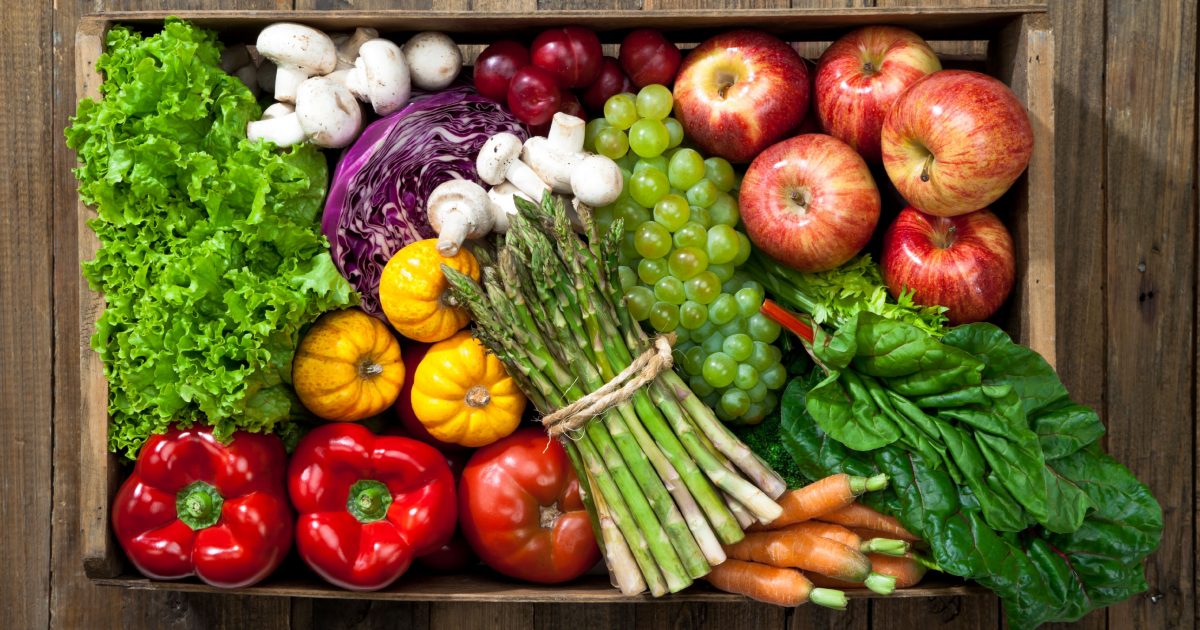What Is The Gout Diet?
Specific Food And Supplement Recommendations

The gout diet consists of low-purine food and specific food and supplements recommendations to help lower uric acid and the risk of attacks. Low-purine foods have less than one hundred milligrams of purine per three and a half ounces. Low-purine foods generally considered safe for individuals with gout include fresh fruits and vegetables, nuts, grains, and low-fat and non-dairy fat products. The recommendation for meats is about four to six ounces of fish, chicken, or lean red meat daily. Low-fat or nonfat dairy items like eggs or tofu should also be consumed in moderation. All kinds of fruits are fine to eat, and cherries are especially beneficial because of their ability to reduce the risk of gout attacks. All types of vegetables, legumes, nuts, seeds, whole grains, and low-fat dairy products are considered safe to eat. Eggs are also included in the diet.
Other recommendations include plant-based oils like canola, olive, and coconut. In addition, all herbs and spices are fine for consumption. Staying hydrated is an integral part of the gout diet, and individuals should drink eight to sixteen cups of fluids daily. At least half of their fluid intake should be water, though beverages like coffee and tea are fine. According to some research studies, moderate consumption of regular caffeinated coffee may be able to reduce the risk of gout. Supplement recommendation for individuals with gout includes vitamin C, which can help to lower uric acid.
Learn about what foods to avoid when on the gout diet now.